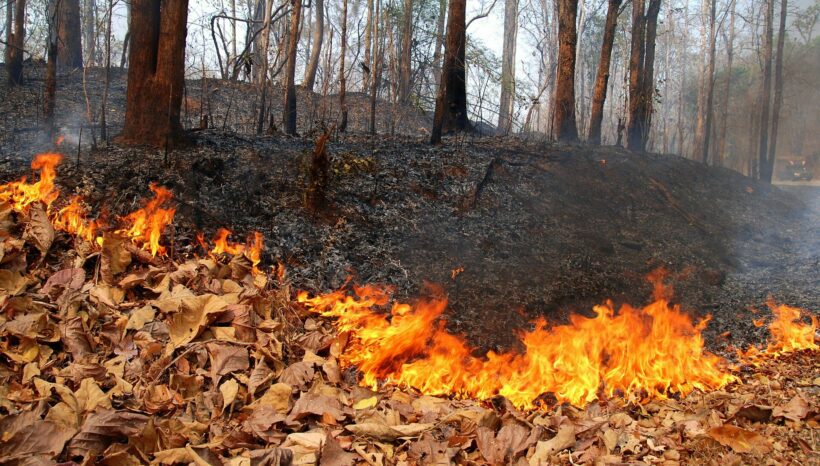Report attributes 32,000 premature deaths in Thailand to air pollution

According to the State of Global Air 2020 Report, around 32,000 premature deaths in Thailand, back in 2019, have been attributed to air pollution. The report cites the PM2.5 pollution particles as the main culprit as particles in that size range are the most likely to travel deeply into the respiratory tract, reaching the lungs.
Exposure to these fine particles can cause short-term health effects, such as eye, nose, throat and lung irritation, coughing, sneezing, runny nose and shortness of breath. But the long-term effects of being exposed to the particles is much more sinister.
Long-term exposure to PM2.5 pollution particles can affect lung function and worsen medical conditions such as asthma and heart disease. Scientific studies have linked increases in daily PM2.5 exposure with increased respiratory and cardiovascular hospital admissions, emergency department visits and deaths.
Studies also suggest that long-term exposure to fine particulate matter may be associated with increased rates of chronic bronchitis, reduced lung function and increased mortality from lung cancer and heart disease. People with breathing and heart problems, children and the elderly may be more sensitive to PM2.5 particles.
In Thailand, it’s burning season in the north as farmland and forests blaze with abundance (the annual burning season usually lasts from January to April, before the wet season kicks in). Despite increasing cautions against air pollution affecting short and long-term health of residents, the fires don’t show signs of stopping. The government has even issued a no burning ban, but enforcing the ban has proved to be fruitless as such provinces in northern Thailand consist of vast forest lands.
The government helicopter team can only do so much as they set out to locate hotspots and attempt to extinguish them by dropping buckets of water. But crop burning appears to be the cheapest and fastest way to help farmers clear their lands for a new growing season.
Recently, Thailand’s northern province of Chiang Mai has ranked the 3rd most polluted city in the world, according to AirVisual, which gives live updates of rankings. Today, Chiang Mai doesn’t appear in the list of the top 10 most air-polluted cities in the world, according to iqair.com
SOURCE: Sky News/Health.ny.gov
Latest Thailand News
Follow The Thaiger on Google News:


























